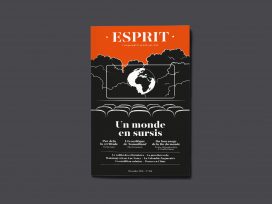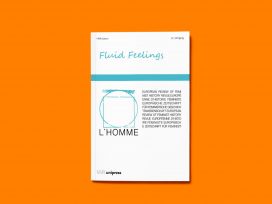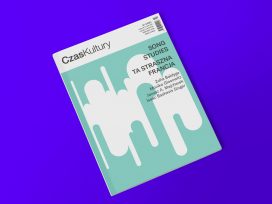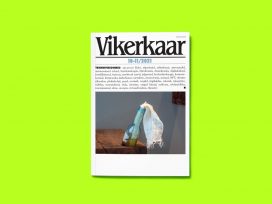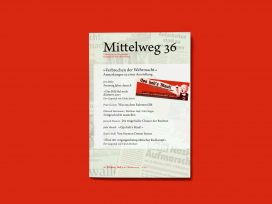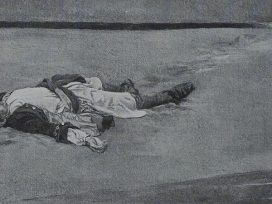Shoot less / F**k more
- Eurozine Review
19/2021
‘Czas Kultury’ remembers Serbian protest-rockers Rimtutituki, the anti-militarist supergroup banned by Milosević. Also: offensive French writing – why aversion excludes.
In the early 1990s, as conscription was introduced in Serbia, three influential Belgrade rock bands came together to work on a song-project intended to inspire resistance to a military call-up that signalled the start of war and the breakup of Yugoslavia. As Natalia Nowińska-Antoniewicz explains In Czas Kultury, the supergroup was named Rimtutituki (an anagram of the Serbian Turim ti kitu, roughly translatable as ‘I put my dick in you’) and, on 8 March 1992, it performed a single, instantly successful anti-war song from a flatbed truck that drove through central Belgrade.
The song was innocuously entitled Listen, but its refrain ‘Peace, brother, peace’ was interspersed with lyrics like ‘If I can’t fly/ I won’t crawl/ ’Cause when I crawl/ I can’t shag’ and ‘Let’s wrap dirty fighting in love/ Shoot less/ Fuck more.’ More cunningly, the song also challenged the politicized, folksy ‘people’s music’ promoted by the Milosevic regime and the officially approved ‘turbo-folk’. Crowds following the lorry through Belgrade were huge and Listen later gained recognition as a symbolic expression of resistance to inter-ethnic conflict and political oppression. The authorities ensured, however, that the song’s substantive impact was negligible and the bands involved were banned from official media.
The Yugoslav wars lasted a decade, killed over 130,000 people and displaced an estimated four million. Rimtutituki vocalist Zoran ‘Cane’ Kostić later commented that many Serbs seemed to find the lyrics of Listen ‘more sickening than images of cities in rubble, forced migrants or children whose lives had been torn apart’.
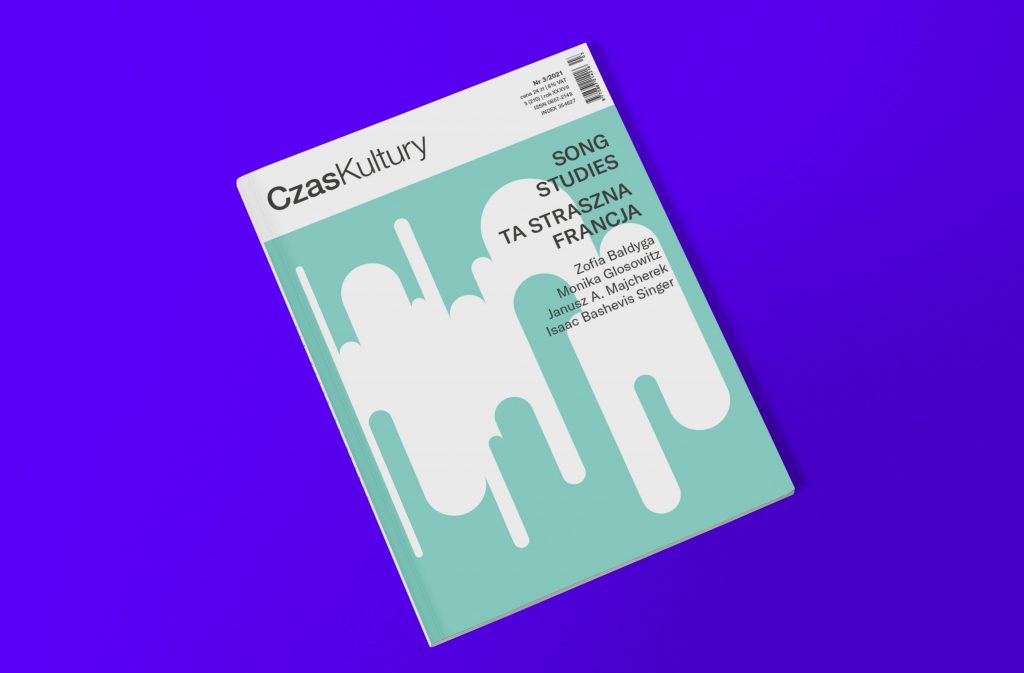
Offence and French literature
The revulsion reflex signals that an imagined ‘natural order’ has been violated, observes Alicja Chwieduk in a section focusing on themes that offend in recent French writing. We are affronted by whatever undermines our identity or sense of the shape of the world; aversion denies that the observer shares anything in common with the observed. The fiction of Michel Houellebecq in particular has prompted critical disgust at a vision that ‘annihilates a reader’s most fundamental hopes and expectations’.
Houellebecq’s writing evokes images of sadism, dismemberment, rape and cannibalism in a world possessed by eroticised consumerism and false promises. ‘The cogs that propel his universe clash with our imagined notions of good sex, true love, “right thinking” about women and men, and human relationships in twenty-first century Europe generally’, Chwieduk comments. But despite appearing as ‘a master of ceremonies venturing into taboo territory’, Houellebecq creates ‘a narrative space that forces the reader to confront their own sensibilities and chosen criteria of ethical judgement’.
This article is part of the 19/2021 Eurozine review. Click here to subscribe to our weekly newsletter to get updates on reviews and our latest publishing.
Published 21 December 2021
Original in English
First published by Eurozine
© Eurozine
PDF/PRINTNewsletter
Subscribe to know what’s worth thinking about.
Related Articles
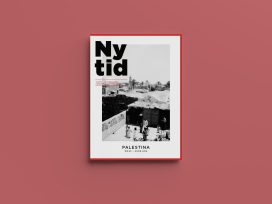
Disappearing possibility
Ny Tid 2/2024
Finno-Swedish perspectives on Israel–Palestine: why Tablet’s treatment of poet Refaat Alareer belongs to a bigger story about criticism and war; how women’s football in the OPTs is carrying on regardless; and Israeli writer Mati Shemoelof on the disappearing possibility for peace.

Går det att skriva under pågående krig? Vad är poängen? Medan Olena Myhasjko skrev klart denna essä slog en rysk missil ner etthundra meter från hennes lägenhet i Charkiv.
